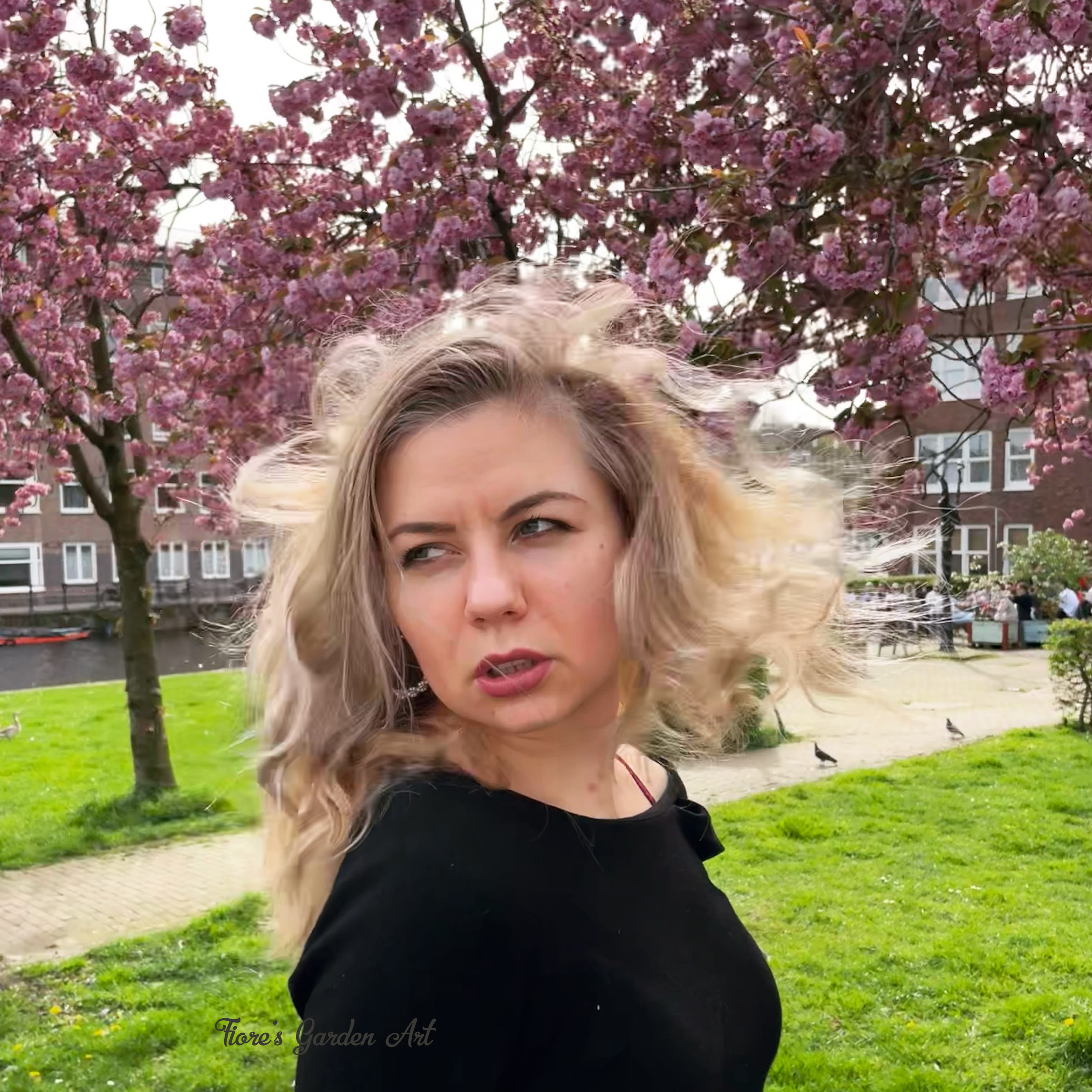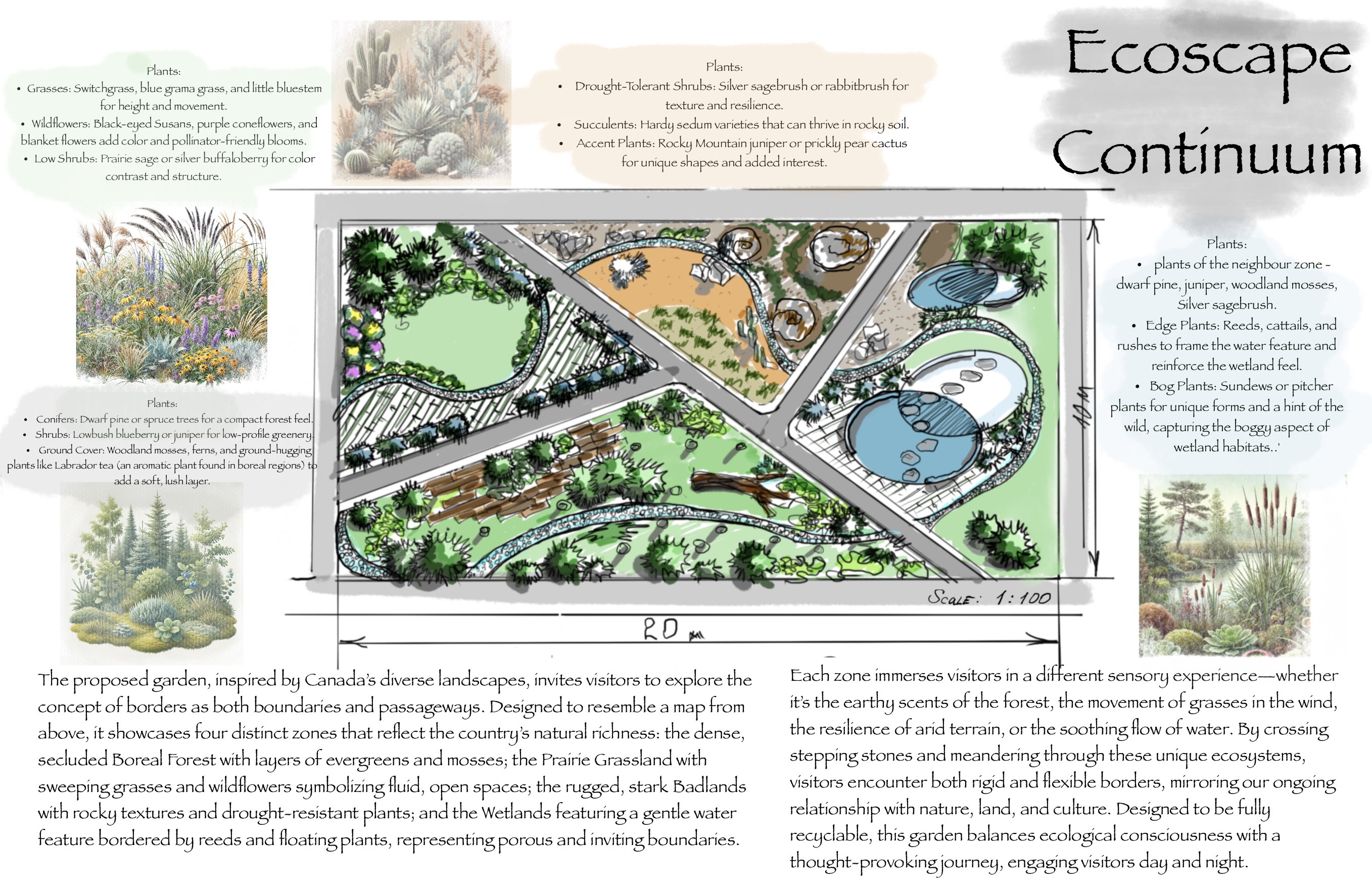Amsterdam’s vibrant green parrots, known as rose-ringed parakeets, are stunning additions to the city’s parks and gardens. 🦜 These exotic birds bring a tropical charm to the urban landscape, delighting residents and visitors alike. However, as beautiful as they are, their droppings can have both positive and negative effects on your garden plants.
The Good: Natural Fertilizer
Bird droppings are rich in nutrients, particularly nitrogen, which is a vital component for plant growth. In small amounts, these droppings can act as a natural fertilizer, providing essential nutrients that boost plant health and improve soil fertility. You may notice healthier, greener foliage in areas where droppings are moderate.
The Bad: When Droppings Become Harmful
Too much of a good thing can quickly turn bad. Frequent or large amounts of bird droppings in your garden can harm your plants in the following ways:
1. Nitrogen Burn: Excessive nitrogen can burn plant leaves and roots, causing yellowing or browning, and even stunting growth.
2. Soil Imbalance: Over time, an overload of droppings can alter the soil’s pH, making it too acidic or alkaline, which can affect the availability of nutrients for your plants.
3. Fungal Growth: Droppings left on plant leaves create a moist environment perfect for fungal infections, such as powdery mildew or sooty mold.
What You Can Do to Protect Your Garden
💚 Rinse Regularly
If you notice bird droppings on your plants, rinse them off with water as soon as possible. This will prevent the buildup of harmful substances on leaves and stems. Use a gentle spray to avoid damaging delicate plants.
💚 Protect Vulnerable Plants
For areas where birds frequently gather, consider placing protective netting or covers over sensitive plants. This is especially important for young or newly planted vegetation that is more vulnerable to damage.
💚 Ensure Proper Soil Drainage
Good drainage helps prevent nutrient overload in the soil. Aerate compacted soil and consider adding organic matter to improve drainage and maintain soil health.
💚 Clean Hard Surfaces
Droppings on hardscaping, such as patios or garden paths, can become slippery and stain surfaces. Clean these areas regularly to maintain both safety and aesthetics in your garden.
Why Parrots Choose Your Garden
Parrots are drawn to gardens with:
• Fruit-bearing plants or trees: They may snack on fruits and leave droppings as they perch.
• Water sources: Fountains or birdbaths are a magnet for these birds.
• Sheltered spots: Dense shrubs or trees provide them with places to rest.
Understanding what attracts them can help you manage their presence without disrupting your garden design.
Final Thoughts
While rose-ringed parakeets add a unique charm to Amsterdam’s urban greenery, managing their droppings is key to maintaining a healthy garden. By taking a few preventive measures and caring for your plants, you can enjoy the beauty of these exotic birds without compromising your garden’s health.
Do you have these colorful visitors in your garden? Share your experience or tips in the comments below!
#ParrotGardenTips #GreenParrotsAmsterdam #GardenCare #SustainableGardening #BirdFriendlyGardens #UrbanWildlife



